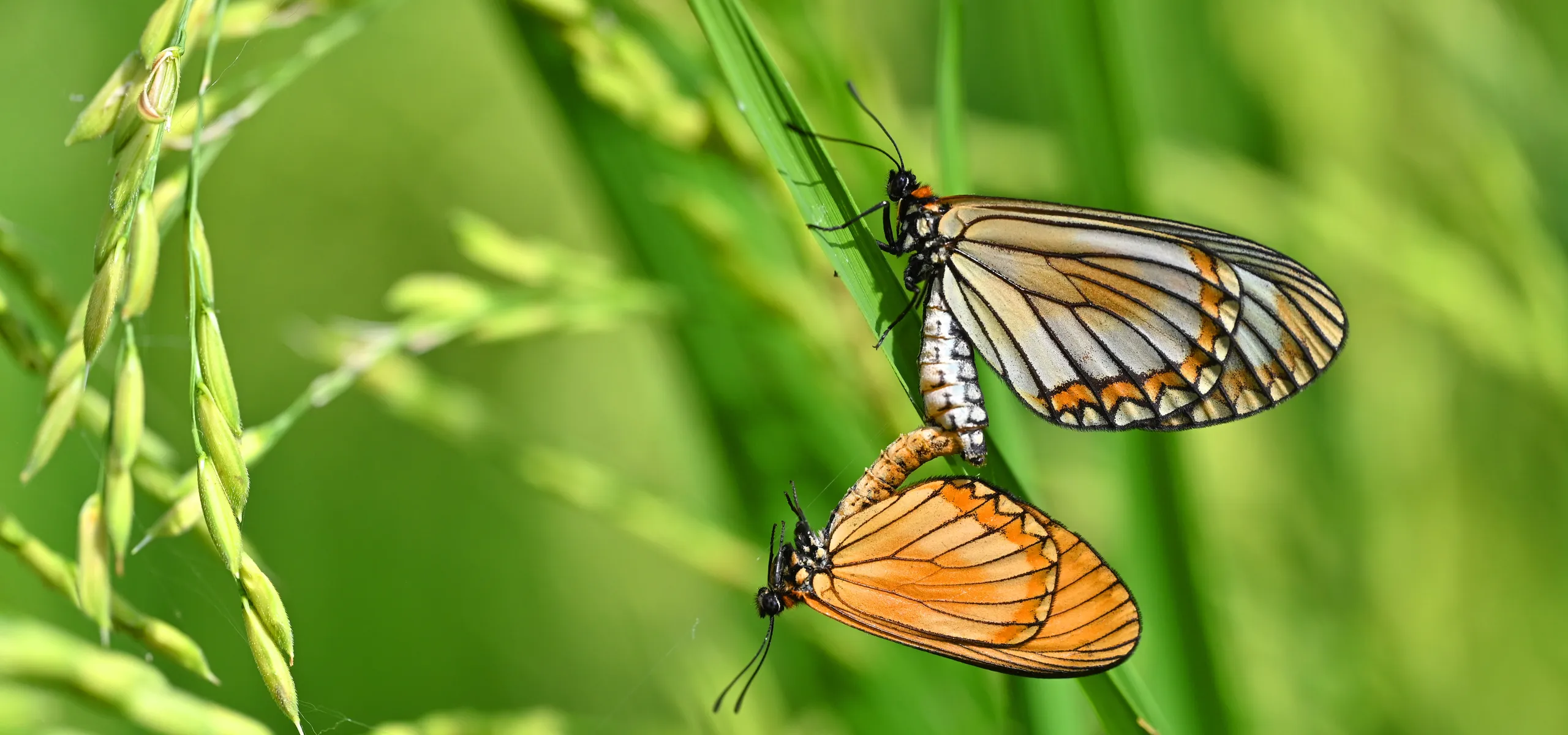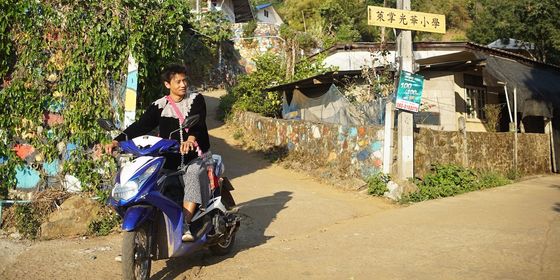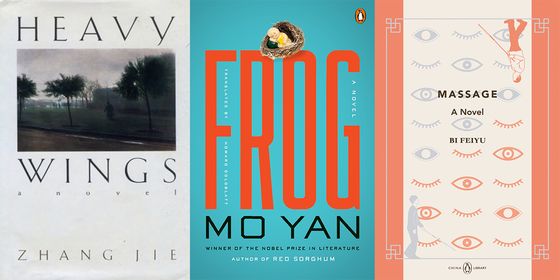Learn the symbolism of insects in Chinese folklore, poetry, and traditional culture
The traditional Chinese lunisolar calendar divides the year into 24 solar terms, some with more interesting names than others. While the meaning of Qingming (literally “Clear and Bright”) may leave some scratching their heads, it’s not hard to guess what happens on the Awakening of Insects, or Jingzhe (惊蛰), which begins on March 6 this year.
As its name indicates, on Jingzhe, the third solar term in the calendar, the insects who’ve been sleeping all winter are awakened, and spring has truly started. Just like flowers, trees, and birds (parrots in particular), insects represented various different qualities in ancient Chinese literature and culture, and Jingzhe is the perfect season for discovering them all:













